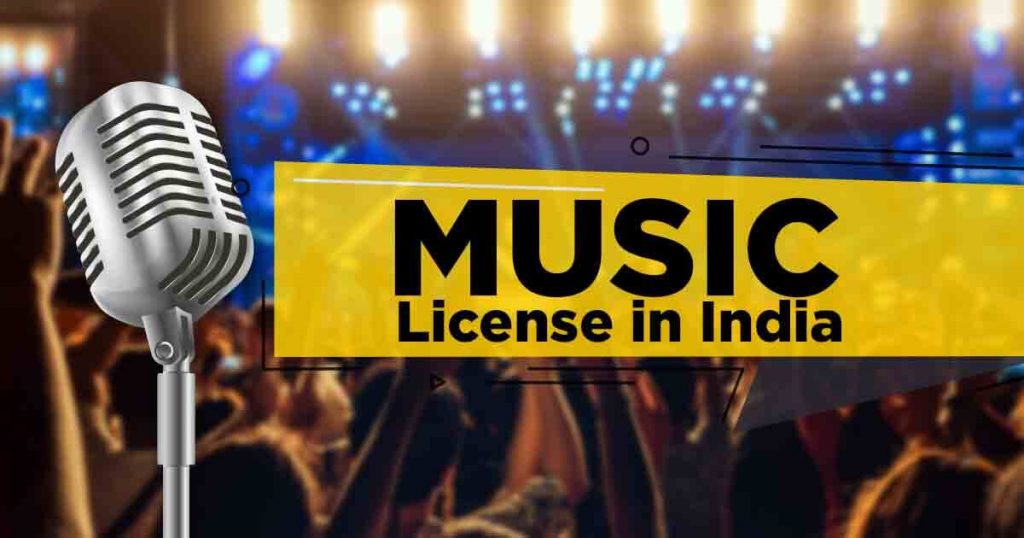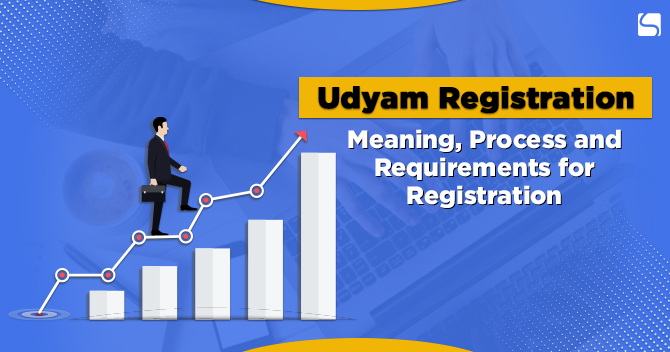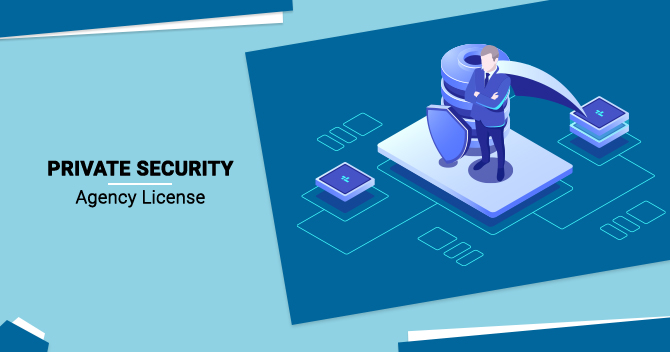Things to know about Music License in India

Dashmeet Kaur | Updated: Feb 23, 2020 | Category: Government
The music industry is highly competitive, yet the most mesmerizing field to head-start the career. It takes years of consistent endeavour to produce a single masterpiece that captivates the entire nation. A musician can receive considerable Royalty for his music, by granting legal permission to someone who seeks to play his original compositions. It is a simple process in which the music producers enable other parties to play their music in exchange for Royalties. There are different types of Music Licenses in India, issued by Phonographic Performance Limited (PPL) for various purposes. This write-up provides a complete guide to obtain PPL License.
Table of Contents
Who needs to have a Music License?
Any person who intends to play Copyright music on an everyday basis or for a special event must acquire a Music License from PPL. Some establishments that generally require different types of Music Licenses are:
- Cafes or Restaurants;
- Fashion Shows;
- Malls & Shopping Establishments;
- Sports Events;
- Sponsored or Non-Sponsored Social Events;
- Product Launch Events;
- Ceremonies;
- Cinemas;
- Aircraft;
- Lounge Bars/ Pubs/Discotheques;
- Factories or Offices
- Ticket/Non-Ticket Events.
The establishments who play the music daily must obtain an Annual Background License whereas for the occasional purpose, they need Event License.
Documents required to obtain Music License from PPL
Phonographic Performance Limited (PPL) has the authority to issue Music License under Section 18 & 30 of Copyright Act, 1957. It is a regulatory body which monitors the Public Performance Rights and Radio Broadcasting for more than 300 music labels. Thus, if you also want Music License in India, then meet the criteria prescribed by PPL and affix the documents given below along with your Application:
- Complete details of the applicant such as name, nationality, address etc.;
- Define the nature of the business;
- Certificate of Incorporation, in case of a Company or LLP;
- List the genre of music; the applicant wishes to play;
- GST Registration Certificate (if applicable);
- PAN card of the applicant;
- Address/Residential Proof of the applicant such as Driving License, Electricity Bills or Voter ID Card.
- Other essential documents, as required.
Browse through our articles on services provided at Swarit Advisors, and just let us know if we can help you with your company registration or tax filing or trademark registration.
Advantages of a Music/PPL License
Music has become an integral part of our lifestyle; it enhances the experience of fine dining, shopping, etc. Let’s take a look at the benefits of having a Music License:
- The artists get the legal permit to showcase his talent to the world through Music License.
- It helps to raise the popularity of a song and the owner who possess Copyright.
- Music License safeguards and protects the rights of the songwriters and the publishers. Thus, it ensures the creator that his work shall not be duplicated or stolen without his permission.
- It is a type of an Intellectual Property Right and secures the work in each aspect.
- The artist receives an ample amount of Royalties in exchange for his music so it can be a great source of earning for the artist.
Pre-requisites to apply for PPL License for Restaurant
You need to have a Music License to accentuate the customer experience by playing soothing music at your restaurant. Thus, keep these things in mind before applying for it:
- The audible range of music;
- The area in square meter up to which the music is acoustic in your premises;
- Total number of seats in a cafe, restaurant or other dining areas;
- Mention the types of devices that you will utilize to play music such as CDs, radio, TV etc.;
- Also, specify the areas where music is audible such as kitchen, bar, dining area.
Are there any exceptions for Music License?
Yes, there is no requirement to get a PPL License in the following circumstances:
- If the music is being played for educational purposes in schools or colleges;
- In case of patient and treatment areas in the medical day centres or hospitals;
- Music is used for divine worships;
- Civil Wedding and Partnership ceremonies;
- Listening music on the headphones;
- Background music played in residential areas, homes, bedrooms and flats;
- Informal performance of music;
- A private party wherein the recorded music is being performed as a part of the domestic life(if the audience only includes friends or family);
- Music which is outside PPL terms or freely licensed.
Cost of Music License in India
The fee structure of a PPL License or Music License depends upon various factors such as;
- Type of place where the music will be played
- The total duration of hours to play the music
- Number of the songs played
- The capacity of the venue/site
- Type of the business
If the applicant strives to conduct a live music performance at his restaurant/cafe, then he should apply for IPRS License. The standard License fee for each Square feet of a building is INR 1.50/sq. feet and the minimum Royalty under this tariff is INR 50,000. Likewise, you need to check the tariff schemes in regards to the activities performed at your business.
Difference between PPL License and IPRS License
Indian Performing Rights Society or IPRS is a Copyright Society which legitimizes the use of Copyright music composition by sanctioning Licenses to the users in return of Royalty. Therefore, it collects Royalties on behalf of the original composers, authors, publishers or lyricists of Copyright music. Royalties which the institution receives further gets distributed among the members after withholding the administrative costs of IRPS.
Phonographic Performance Limited or PPL is a UK based Music Licensing and performance rights organization. Reportedly, in the year 2019, PPL has Royalties for over 1Lakh performers and right-holders. It is an essential Music License to play pre-recorded music in a public place from the medium of Radio, CDs, TV etc.
PPL Licensee has the right to play music from PPL’s collection or commercially released music registered under PPL. However, a person doesn’t have to take PPL License for the music that falls outside PPL’s Copyright terms or is freely licensed.
Both IPRS and PPL are Copyright Societies that issues Music License in India. It enables a hassle-free procedure to get a Music License and helps the owners to keep track of the ways in which their work is being used.
One needs to register with Phonographic Performance Limited (PPL) to play the music in a restaurant or cafe. On the other hand, to use the lyrics or musical chords in a band performance or a concert, the applicant has to register with Indian Performing Rights Society (IPRS).
To obtain Music License, the applicants just have to draft an Application in a prescribed format and deposit the payment as per the tariff scheme under Copyright Act of India.
Conclusion
It is indispensable to attain a Music License to play Copyright music at a restaurant, bar or any other eatery store. Anyone who uses a registered music composition under PPL for public performance without License is subject to Copyright infringement. Therefore, in such a case, he may have to bear a hefty penalty of INR 2Lakh along with an imprisonment of 3 years.
To bypass any mishap, reach out to Swarit Advisors. We possess years of experience in providing Music License with ease. Our team will help to prepare documents and file an Application so that you can get License. Also, we will instantly follow-up with PPL Department to swiftly provide Music License.














